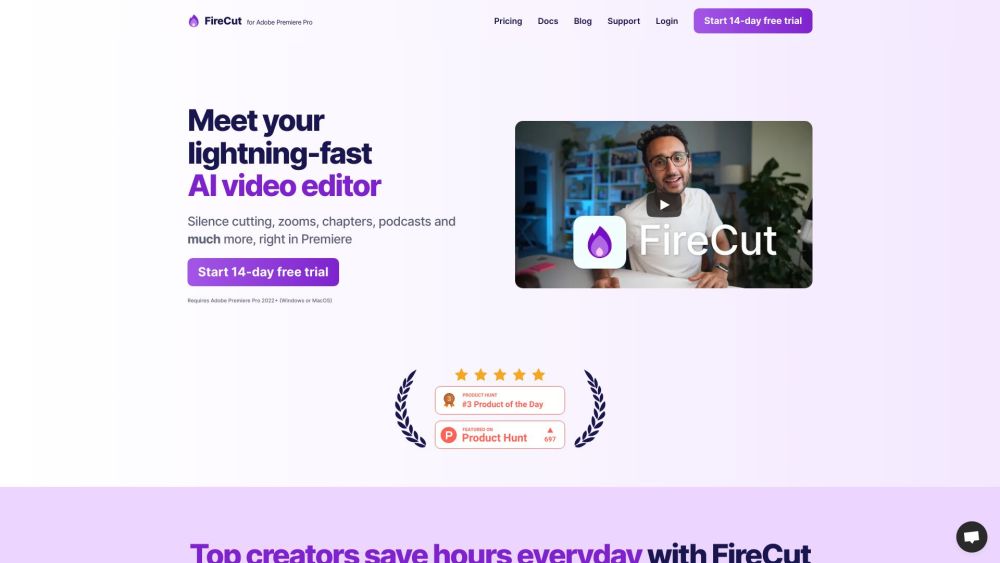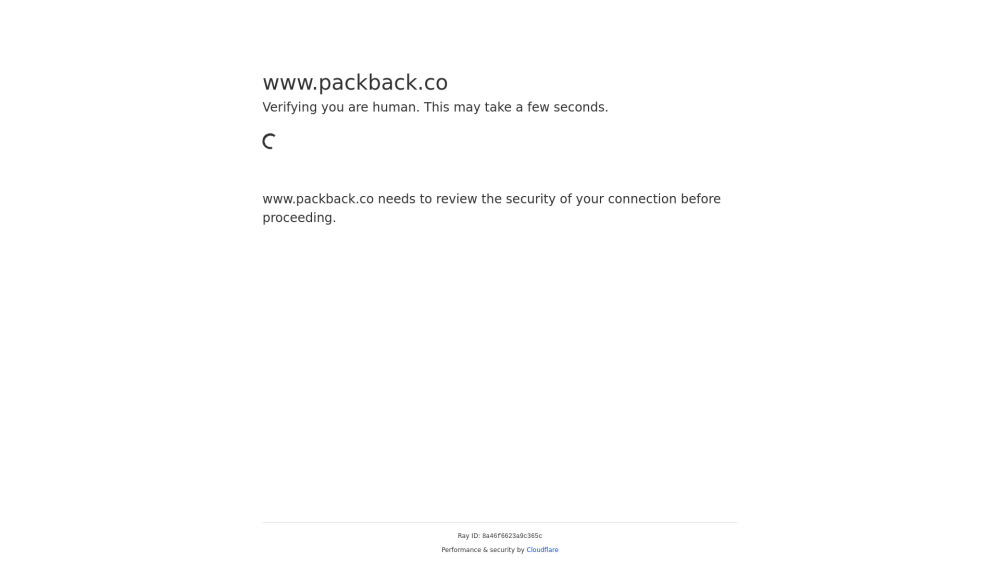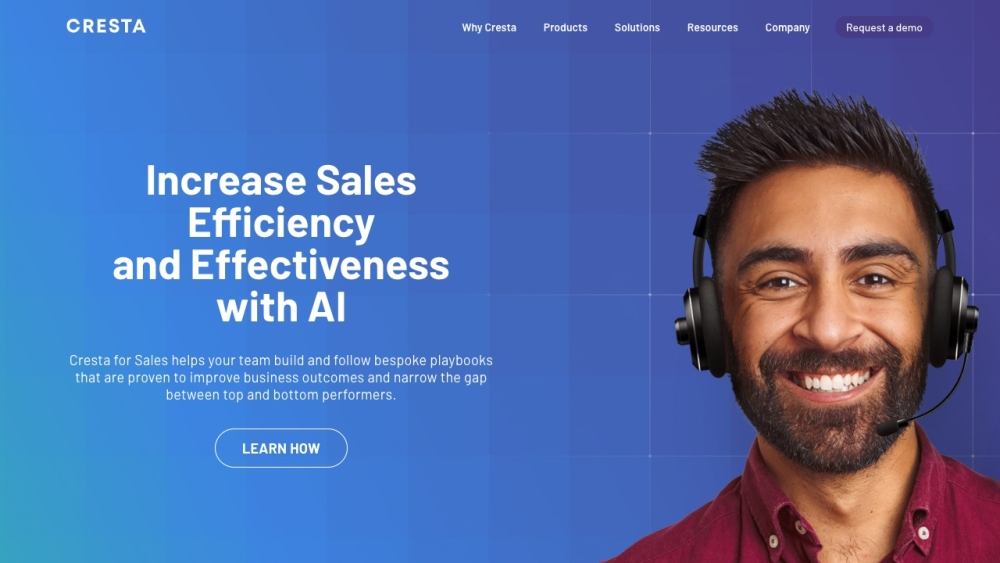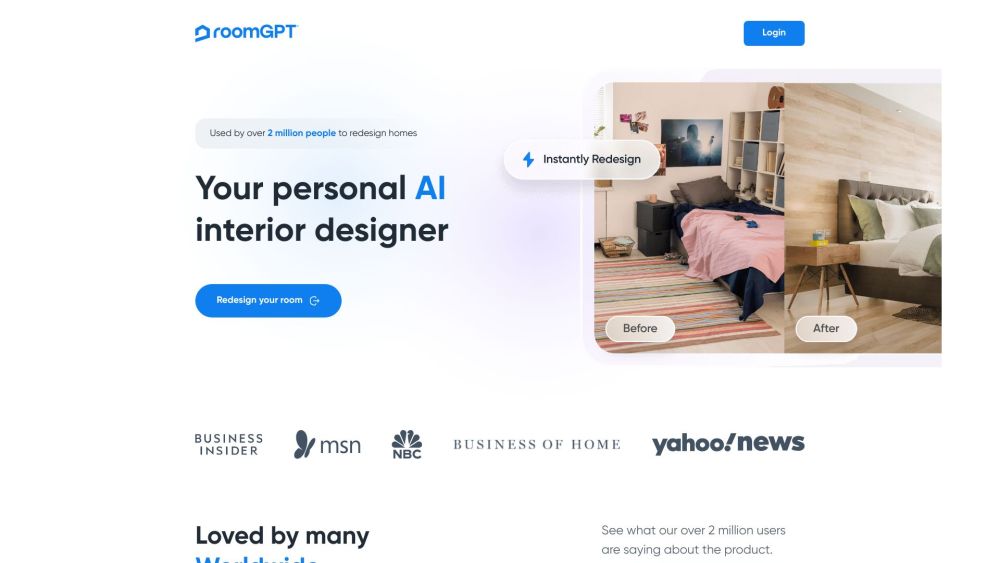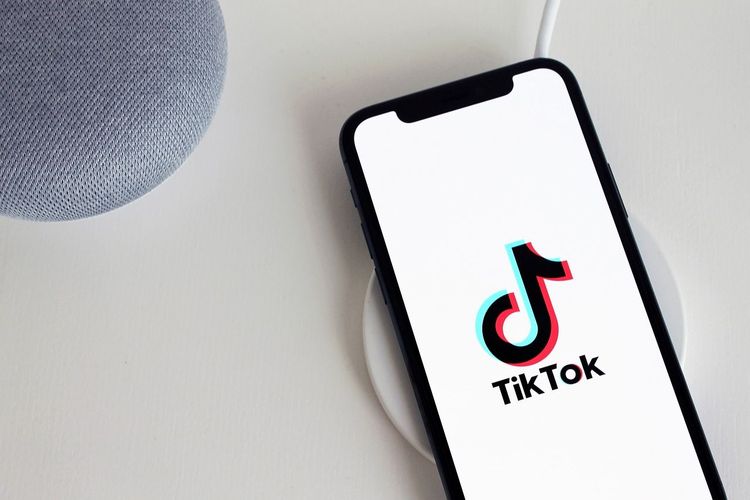Verse, an innovative AI-powered creative app, is designed to empower Gen Z users in creating visually stunning and expressive content. Available on iOS, this app enables users to design and publish multimedia creations on an interactive canvas with the assistance of an AI feature.
Users can craft a mini website, known as a Verse, for a variety of purposes such as mood boards, greeting cards, invitations, storefronts, fan pages, blogs, and more. Verse offers content creators and influencers a unique platform to engage with their audience and share information through a convenient link-in-bio format.
Founded by Bobby Pinckney, a former management consultant at PwC, and Michelle Yin, a former engineer at Meta, Verse originated from their experiences in college and their previous venture, Discz, a YC-backed music discovery app with over 1.5 million users. The inspiration for Verse arose while Pinckney and Yin were enhancing Discz; they added a Profile feature for users to drag and drop songs or images. However, they soon realized users were leveraging it as a creative tool rather than merely a music expression platform.
“What we thought would allow users to showcase their music preferences turned into a tool for creativity,” Pinckney recounted. “We were astonished that users were utilizing our platform to generate media that they could share elsewhere.”
In June, Verse was launched to the public on iOS, and it has since seen the creation of over 200,000 Verses. Unlike traditional design and publishing platforms such as Canva and Wix, which can be static and template-driven, Verse provides a scrollable, multimodal canvas. Users can incorporate various elements into their creations, including photos, stickers, videos, links, GIFs, text, backgrounds, and music. Additionally, a Verse can contain links to another Verse.
The app's AI assistant simplifies the entire process, guiding users from design to publishing. It utilizes large language models (LLMs) from OpenAI, Anthropic, Meta's Llama, and Mistral. “We’ve taken complex technologies in publishing and design and made them accessible on your mobile device, providing an incredibly user-friendly experience,” Yin explained.
Once a Verse is created, users can publish and share it across social media as a mini website.
“Self-expression is a primary use case,” Pinckney mentioned. “Not everyone feels comfortable on camera or creating a TikTok. Many individuals want a means to express their interests, hobbies, or information without resorting to platforms like TikTok. Verse serves as a creative medium for that.”
Beyond personal use, Verse also allows artists and brands to create immersive content. For example, British singer Kenya Grace utilized Verse to celebrate her EP launch, incorporating links to her new single, tour dates, ticket information, social media accounts, and more. Similarly, hard seltzer brand Lunar has crafted a Verse to feature its products and direct users to purchasing options via its Instagram bio.
While primarily a design platform, Verse integrates a social component, allowing users to explore Verses created by others across various topics such as Trending, Featured, Music, Lifestyle, Art, Film, and Gaming. Users can also leave comments on Verses they appreciate.
The app is currently free to use, although the company may consider a subscription model in the future. Looking ahead, Verse plans to launch an Android app and a web-based version, responding to increasing demand from marketing teams eager to create interactive online experiences for their brands.
